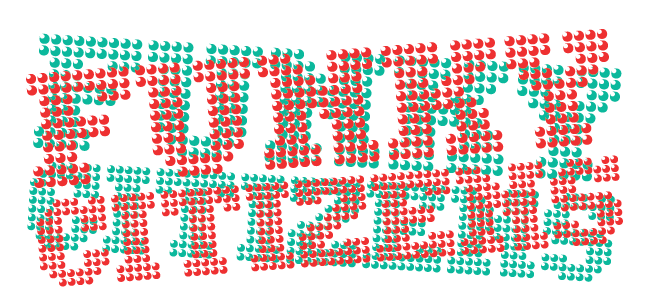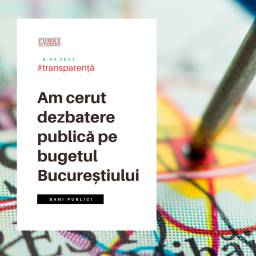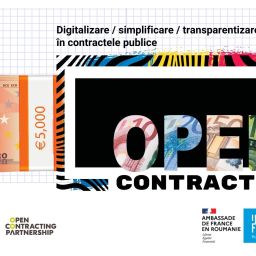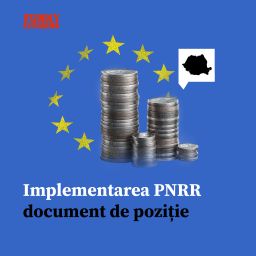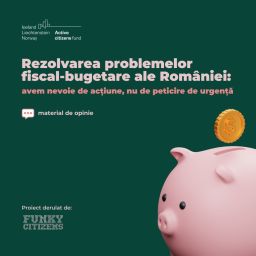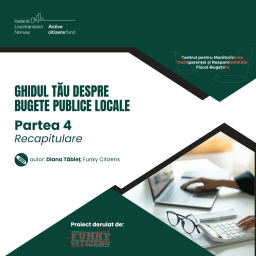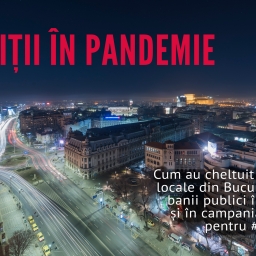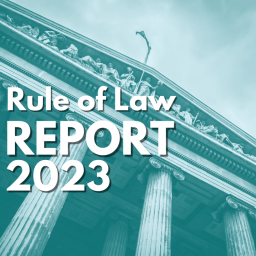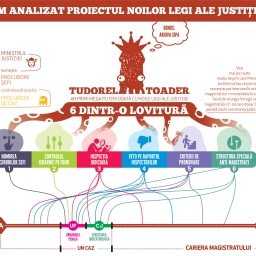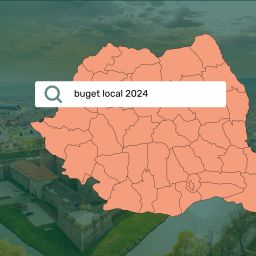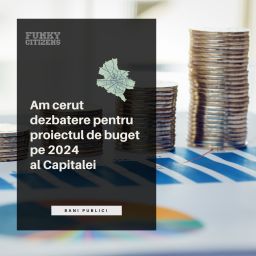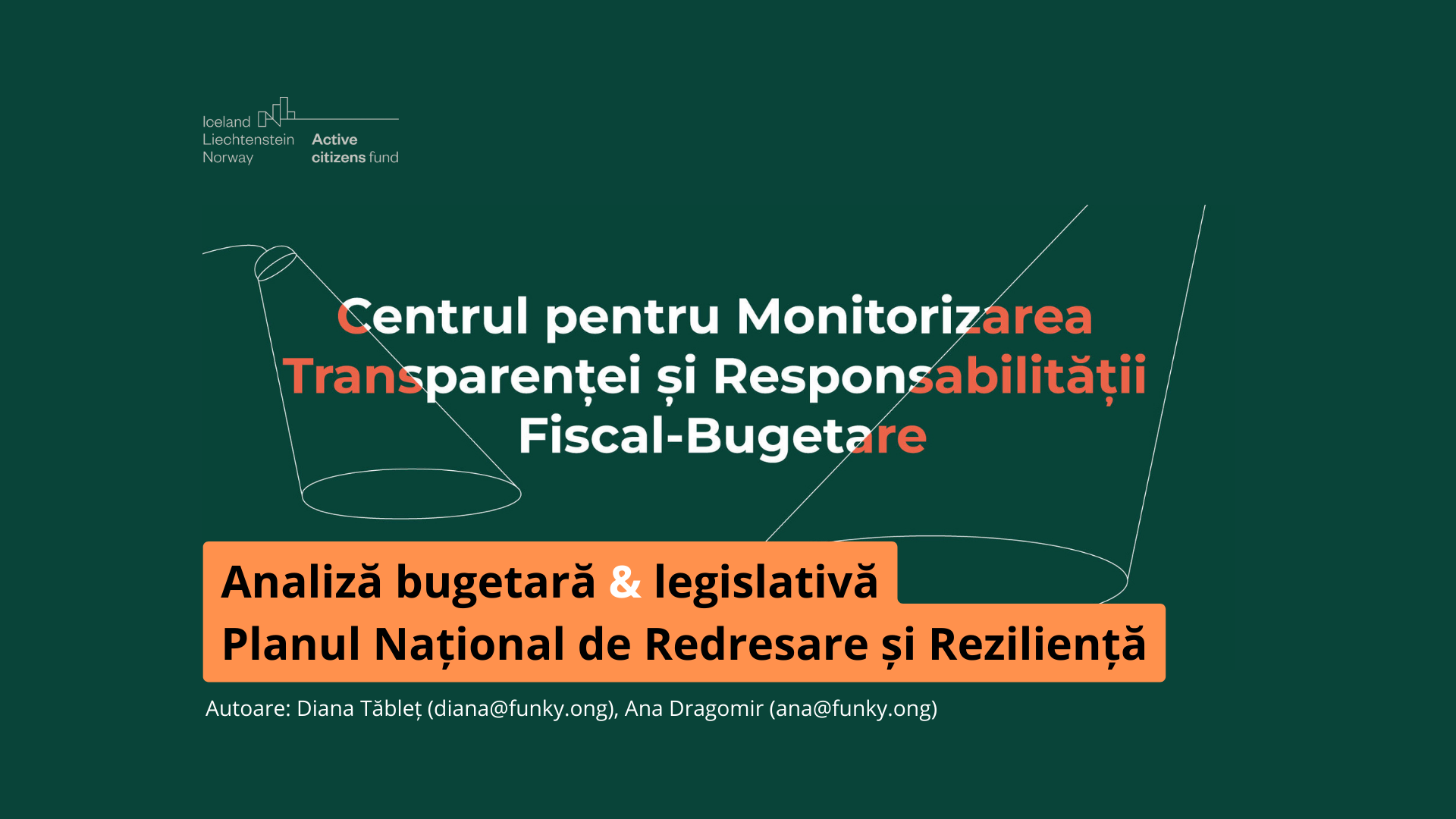
The National Recovery and Resilience Plan (PNRR) was designed by the European Union to help member countries recover from the crisis caused by COVID-19. The plan adopted for Romania was approved by the EU Council on October 28, 2021 and represents for Romania a chance to access some funds through which essential reforms that have been awaited for a long time can be implemented, from legislative reforms to projects of infrastructure and investment.
This document presents an analysis from both a budgetary and a legislative point of view of the implementation of the PNRR. Thus, this year we decided that the traditional analysis of parliamentary activity (Session 1, Session 2 and Session 3) to be based on the monitoring of the legislative reforms in the Recovery and Resilience Plan, following the legislative process for the milestones that had to be met in 2021 and 2022. If you are not familiar with the work of the Parliament, you can read extensively how it works and what the parliamentary legislative process is here.
The absorption of funds from the PNRR, until now, is small. Only 12.4% of the funds were transformed into budget executions at the end of 2022. The 26.2 billion euros left unabsorbed must be used in the next 4 years, in order not to be lost forever.
As for the legislative component, the Parliament had to legislate on 36 milestones in the last two years, all other milestones being the responsibility of other institutions. Although the number is not large and the Plan's calendar is known to the authorities as early as 2021, urge with which we are used to working in Parliament (through the approval of GEOs or initiatives under emergency procedure) is also reflected in the implementation of the PNRR.
The analysis is part of the "Developing NGO advocacy capacity in fiscal and budget policies" and benefited from a contribution from a project carried out together with K-Monitor (Hungary), Sieć Obywatelska Watchdog (Poland) and Oživení (Czech Republic) on a study of the ways in which local authorities reacted during the pandemic.
Project carried out by Funky Citizens with the financial support of Active Citizens Fund Romania, program financed by Iceland, Liechtenstein and Norway through EEA Grants 2014-2021. The content of this material does not necessarily represent the official position of the EEA and Norwegian Grants 2014-2021; for more information go to www.eeagrants.org.
"Working together for a green, competitive and inclusive Europe"
Project implemented by
